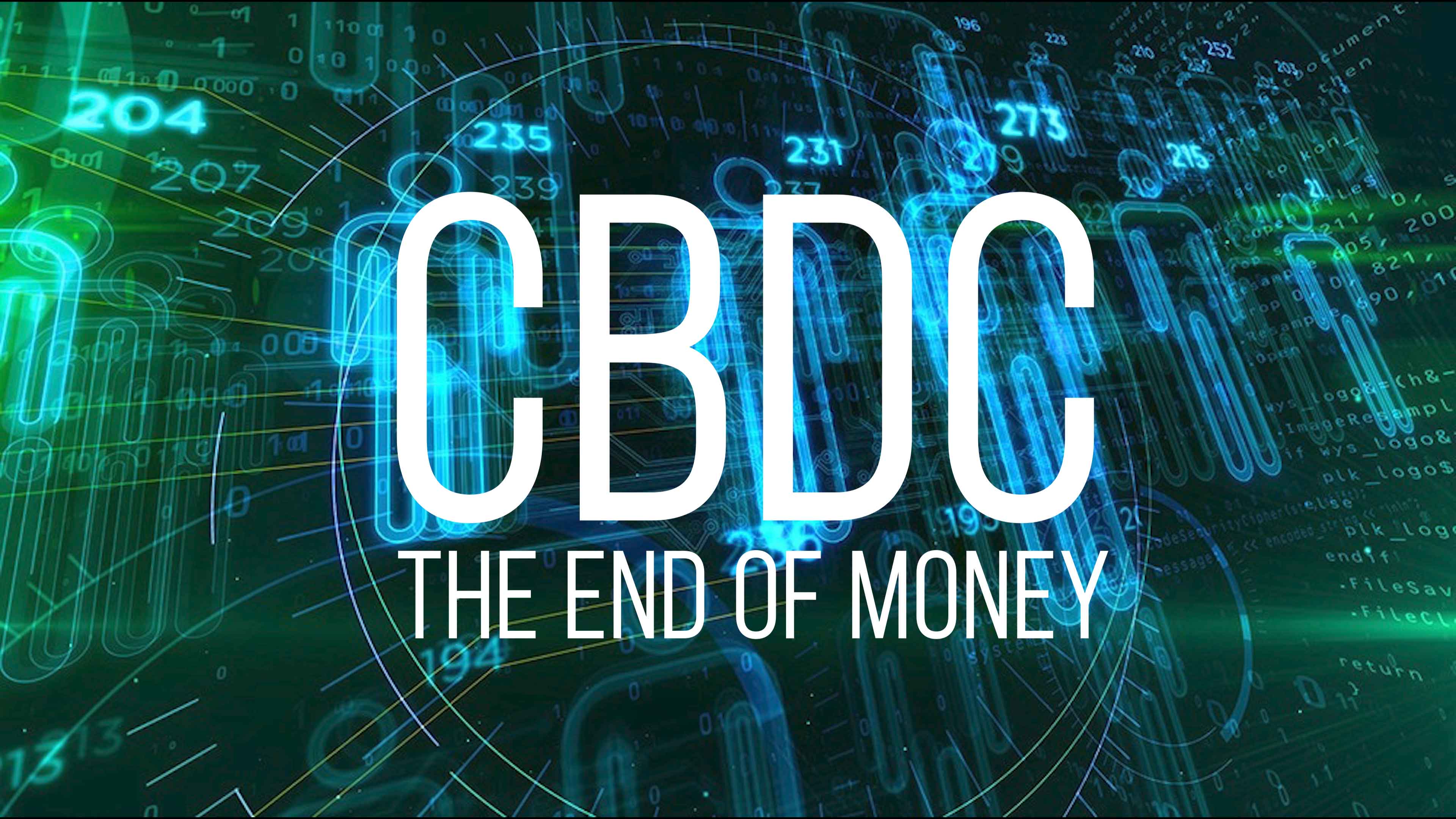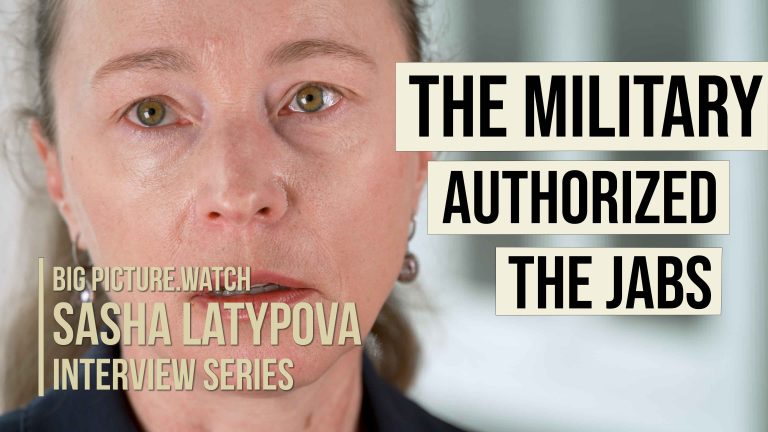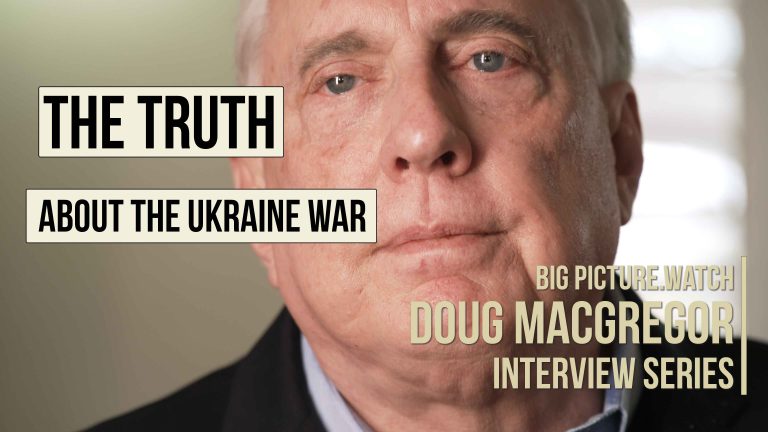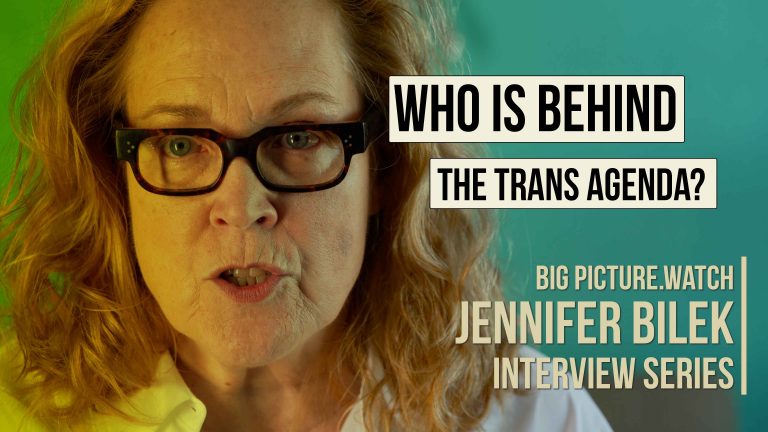CBDC: The End of Money
A new comprehensive film on CBDCs, origins of Bitcoin and the tokenization of all assets worldwide
Almost every central bank in the world is currently rolling out a Central Bank Digital Currency (CBDC). These are programmable versions of our current national currencies that can restrict what goods you can buy and where you can buy them. With CBDCs, your money can be switched off altogether.
Watch the film at CBDCTheEndofMoney.com
CBDCs represent not only a fundamental revolution in our system of money, but also a devolution or degradation of money. At its core, money has four fundamental characteristics: it is transportable, divisible, readily acceptable, and it is a store of value. CBDCs eliminate two of these attributes. For if money can be programmed as to how and where it can be used by a central authority, it is no longer readily acceptable. And if it can be turned off or lose its value within a certain time period—something several central banks have openly proposed to encourage spending UNCLEAR—it ceases to be a store of value.
Who is driving this effort? And what is their relationship to other cryptocurrencies, Bitcoin, digital IDs, and the tokenization of all assets worldwide?
These questions and more are answered in my new film, CBDC: The End of Money, available at CBDCTheEndofMoney.com. This film features interviews shot on three continents with economists, policy analysts, and writers, including economic forecaster Martin Armstrong, researcher Whitney Webb, the editor of Bitcoin Magazine, as well as prominent members of the Canadian truckers convoy.
The Bank of International Settlements (BIS) in Switzerland—which is the central bank of the central banks—has cultivated CBDC programs in almost every country in the world, regardless of those individual countries’ political persuasions and geopolitical allegiances. They have done this through their “tech incubator,” the Innovation Hub.
Writing in 1966, the late Carol Quigley of Georgetown University described the BIS as the apex of “a world system of financial control in private hands able to dominate the political system of each country and the economy of the world as a whole.” According to Quigley, “this system was to be controlled in a feudalist fashion by the central banks of the world acting in concert, by secret agreements arrived at in frequent private meetings and conferences.”
…
A parallel and prerequisite program to make CBDCs work is the implementation of digital IDs. Your programmable digital wallet only works when it is linked to your biometrically verified digital ID.
The Bill & Melinda Gates Foundation funded a global digital ID program out of the United Nations called ID2020, as well as other initiatives that are establishing the standards and protocols that public and private sector entities will use to record and share digital ID records with one another. Because there are civil rights protections in many countries’ constitutions against the violation of personal privacy that digital IDs represent, the strategy of housing all this ocean of user data on public/private decentralized databases that any organization will be able to access with the right credentials was taken.
So why would anyone even want a digital ID tag? In the developing world, digital IDs are being sold as a humanitarian initiative to bridge the so called “identity gap.” As Gates describes the effort on his blog, Aadhaar—India’s national digital ID program—makes “the world’s invisible people visible.” But this begs the question: visible to whom? Big Brother? They intend to bring world’s poor out of poverty by integrating them into banking system and governmental entitlement programs.
Sam Altman, the founder of OpenAI , parent company of ChatGPT, launched a project called WorldCoin, which he formed as a way to create a universal basic income system. Populations will be gulled into accepting digital IDs with the welfare carrot before they are kept in line with the central banking stick, consisting of unprecedented social controls made possible by CBDCs.
What evidence is there that these systems will spell disaster? Aadhaar in India was the first large scale national biometric digital ID program, launched in 2016 by Nandan Nilekani, a friend of Bill Gates. Aadhaar has been credited as causing half of the reported starvation deaths in India since 2015, due to people not being able to receive government assistance unless they had a functioning Aadhaar number. So much for “helping the poor.”
…
So what was the first technological invention that made this dream possible? Drumroll… Bitcoin. As the first peer-to-peer decentralized ledger that created digital scarcity, Bitcoin laid the technological groundwork for all crypto currency, digital IDs, and the tokenization of all assets worldwide.
The broader vision of these oligarchs is to tag every person and object on this planet and have them entered into an unforgeable, indelible global ledger of every person, object, and asset in the entire world. Considering one of the foundational definitions of a government is the right to tax—and that asset ledgers are the basis of a tax system—this vision really represents an attempt at the creation of a decentralized world governmental apparatus.
With Larry Fink, the CEO of Blackrock, recently coming out in favor of Bitcoin and discussing the foundation of the future of finance operating with a universal ledger and a unique digital ID of every investor, it is clear where the owners of this world wish to take us.
We must ask if this is the future we want to leave for our children. We must get actively involved at our local levels of government to prohibit these systems and allow legacy systems of paper money and trade to be able to operate outside of a pervasive system of financial surveillance. And no, you are not a criminal for wanting to have financial privacy. The terrors these systems of control will bring to our world have been tasted in the tragedies of the 20th century dictatorships. The difference in this historical chapter unfolding is that it will be done worldwide and there will be nowhere to run.
If the oligarchs and central bankers succeed in implementing CBDCs, they will lead to a reduction in trade. The economies of the world will seize up and a robust black market will emerge outside of the controls, similar to what occurred in the Soviet bloc in the 20th century. Poverty will rise and a dysfunctional market will become a fixture of daily life.
Alternative solutions will emerge. Local cities, states, and private companies will begin to issue their own regional monies. Hope is not lost as the human need to trade will never go away and people will find ways to survive. We have the opportunity to stave off this dystopian future. We can do this at the local level. I encourage everyone to get involved at the local level of government to prohibit mandatory digital IDs and CDBCs.
Cordially,
James Patrick
Contributions Like Yours Make Interviews Like This One Possible.







